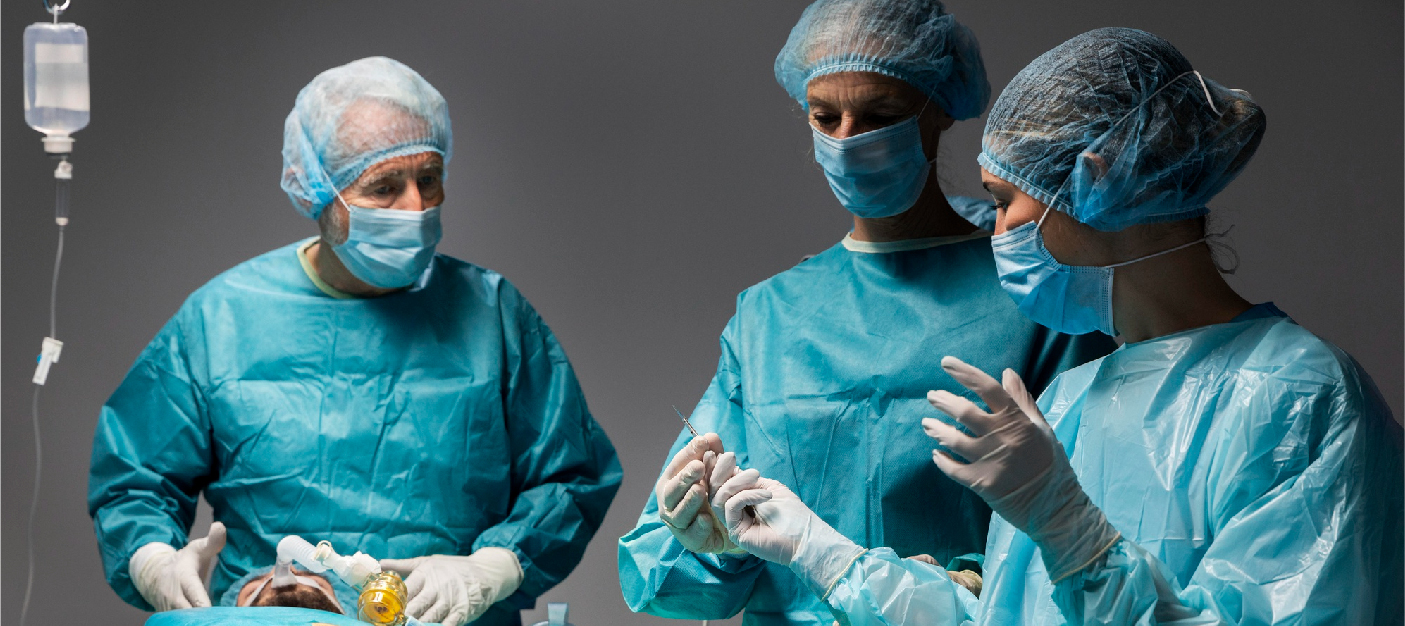
Knee replacement surgery is a significant medical procedure that can greatly improve mobility and reduce pain for individuals with severe knee joint issues. Proper care before and after the surgery is crucial for a successful outcome. Here are guidelines by the Best Knee Replacement sugreon in Delhi, India Dr. Ishwar Bohra for both pre-operative and post-operative care for knee replacement surgery.
Also Read: Top 5 Mistakes After Knee Replacement
Here are some important care tips to keep in mind before your total knee replacement surgery:
Prior to the surgery, a thorough medical evaluation is essential. This may include blood tests, imaging studies, and a review of current medications. The purpose is to ensure that the patient is in good overall health for the surgery.
Have a detailed discussion with the orthopedic surgeon who will perform the procedure. Understand the expectations, potential risks, and benefits of the surgery.
Engage in pre-operative physical therapy exercises. Strengthening the muscles around the knee can aid in the recovery process. A physical therapist can provide a tailored exercise program to improve joint flexibility and strength.
Arrange your home to facilitate a smooth recovery. This may involve creating a comfortable and safe environment with necessary items at reachable heights. Consider installing handrails and removing obstacles to prevent falls.
Maintain a well-balanced diet rich in nutrients. Proper and adequate diet helps you to be healthy.
Also Read: How To Avoid Knee Replacement?
Here are some helpful care tips to follow after your knee replacement surgery to speed up your recovery:
Pain management is crucial post-surgery. Follow the prescribed pain medication schedule provided by the medical team. Additionally, apply ice packs as directed to reduce swelling and alleviate pain.
Participate in post-operative physical therapy sessions as recommended by your healthcare provider. These exercises are designed to improve range of motion, strengthen muscles, and enhance overall joint function.
Proper care of the surgical incision is vital to prevent infections. Keep the wound clean and dry, and follow the surgeon’s instructions regarding dressing changes.
Take prescribed medications regularly and as directed. This may include antibiotics to prevent infection, blood thinners to prevent clots, and pain relievers.
Gradually progress with weight-bearing activities as advised by your physical therapist and surgeon. Initially, the focus will be on walking with support, and over time, you will transition to more independent movement.
These appointments are crucial for monitoring the progress of your recovery, addressing any concerns, and making necessary adjustments to your rehabilitation plan.
Adopt a long-term approach to joint health. Maintain a healthy lifestyle, including regular exercise and a balanced diet, to support the longevity of the knee replacement. Follow any recommendations from your healthcare team regarding ongoing care and joint protection.
Both before and after knee replacement surgery, comprehensive care and adherence to medical advice are paramount. By actively participating in your pre-operative preparations and post-operative rehabilitation, you contribute significantly to the success of the surgery and the overall improvement of your knee function. Always consult with the best Joint replacement surgeon for personalized guidance based on your specific condition and needs.
Staying abreast with the latest information is the best way to combat diseases in early stages and live a healthy life. Read the latest news & updates here to learn about the recent advancements in joint care and therapeutics.


